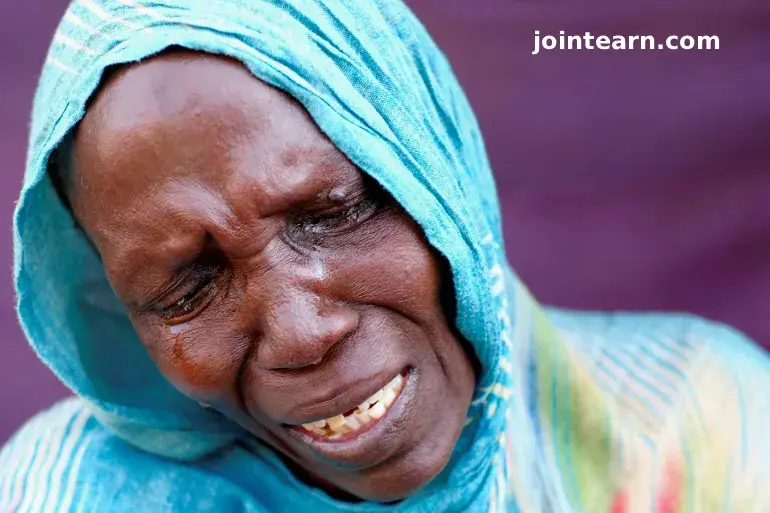
RSF Seizure of El-Fasher Sparks Humanitarian Crisis
The United Nations Human Rights Office in Sudan has issued a grave warning over escalating atrocities in el-Fasher, the capital of North Darfur, following its capture by the Rapid Support Forces (RSF) last month. The city, once a refuge for civilians surviving months of conflict, has now become a center of “grief and unimaginable suffering,” according to UN officials.
“Over the past 10 days, el-Fasher has witnessed an escalation of brutal attacks. It has become a city of grief,” said Li Fung, the UN’s human rights representative in Sudan. “Civilians who survived 18 months of siege and hostilities are now enduring atrocities of an unimaginable scale.”
Reports indicate that hundreds have been killed, including women, children, and the wounded, with entire families reportedly wiped out while fleeing. Others remain missing amid the chaos.
Mass Displacement and Dire Conditions
According to the International Organization for Migration (IOM), approximately 82,000 people of el-Fasher’s 260,000 residents have fled to towns such as Tawila, Kebkabiya, Melit, and Kutum. Many are trapped in areas with minimal shelter, scarce food, and limited medical care.
In Tawila, aid organizations report catastrophic living conditions for displaced families. Adam Rojal, spokesperson for Sudan’s IDPs and Refugee Camps aid group, told the AP that over 16,000 people arrived in the town in need of food, medicine, shelter, and psychological support. Many are surviving on a single meal per day, and improvised tents made from tarps provide minimal protection from the elements.
Medical aid organizations, including Doctors Without Borders (MSF), reported extremely high malnutrition rates among both children and adults, further underscoring the urgent humanitarian crisis.
Children Orphaned by Conflict
Many of the displaced children arriving in Tawila have lost their parents during the RSF advance. Mathilde Vu, advocacy manager for the Norwegian Refugee Council (NRC), highlighted the heartbreaking reality:
“Families are arriving with children who are not their own — meaning they have lost parents, been detained, or disappeared along the way.”
These reports paint a stark picture of a population traumatized by violence, displacement, and extreme deprivation.
Evidence of Mass Killings
Satellite imagery analyzed by Yale University’s Humanitarian Research Lab on October 28 revealed signs of mass killings, including visible pools of blood in el-Fasher. Meanwhile, the UN’s human rights chief, Volker Turk, warned that summary executions, rape, and ethnically motivated violence continue in the city, and many civilians remain trapped without the ability to flee.
Conflict Spreads to North Kordofan
The violence is not confined to Darfur. In el-Obeid, the capital of North Kordofan, a drone attack killed at least 40 people, with dozens more injured. The RSF’s capture of Bara, located 60 km north of el-Obeid, prompted 36,000 residents to flee, raising fears of further RSF advances. El-Obeid sits along a strategic supply route between Darfur and Khartoum, making it a key military objective.
Ceasefire Efforts and Political Stalemate
After more than two years of civil war, Sudan’s conflict shows no signs of de-escalation, despite international mediation efforts. The Quad — Egypt, Saudi Arabia, UAE, and the US — proposed a three-month humanitarian pause, followed by a permanent ceasefire and eventual political transition to civilian governance.
While the RSF has shown tentative support for the plan, the Sudanese government and military have yet to respond publicly. Darfur Governor Minni Arko Minnawi warned that any ceasefire not accompanied by RSF withdrawal could lead to the de facto division of Sudan.
With el-Fasher’s fall, the RSF now controls all five state capitals in western Darfur, solidifying a de-facto split in the country.
Humanitarian Toll
The UN estimates that at least 40,000 people have been killed in Sudan’s ongoing conflict, though aid organizations warn that the true toll is likely much higher. The situation continues to deteriorate rapidly, with displaced populations facing malnutrition, disease, and exposure to violence, creating one of the most severe humanitarian crises in recent history.


Leave a Reply